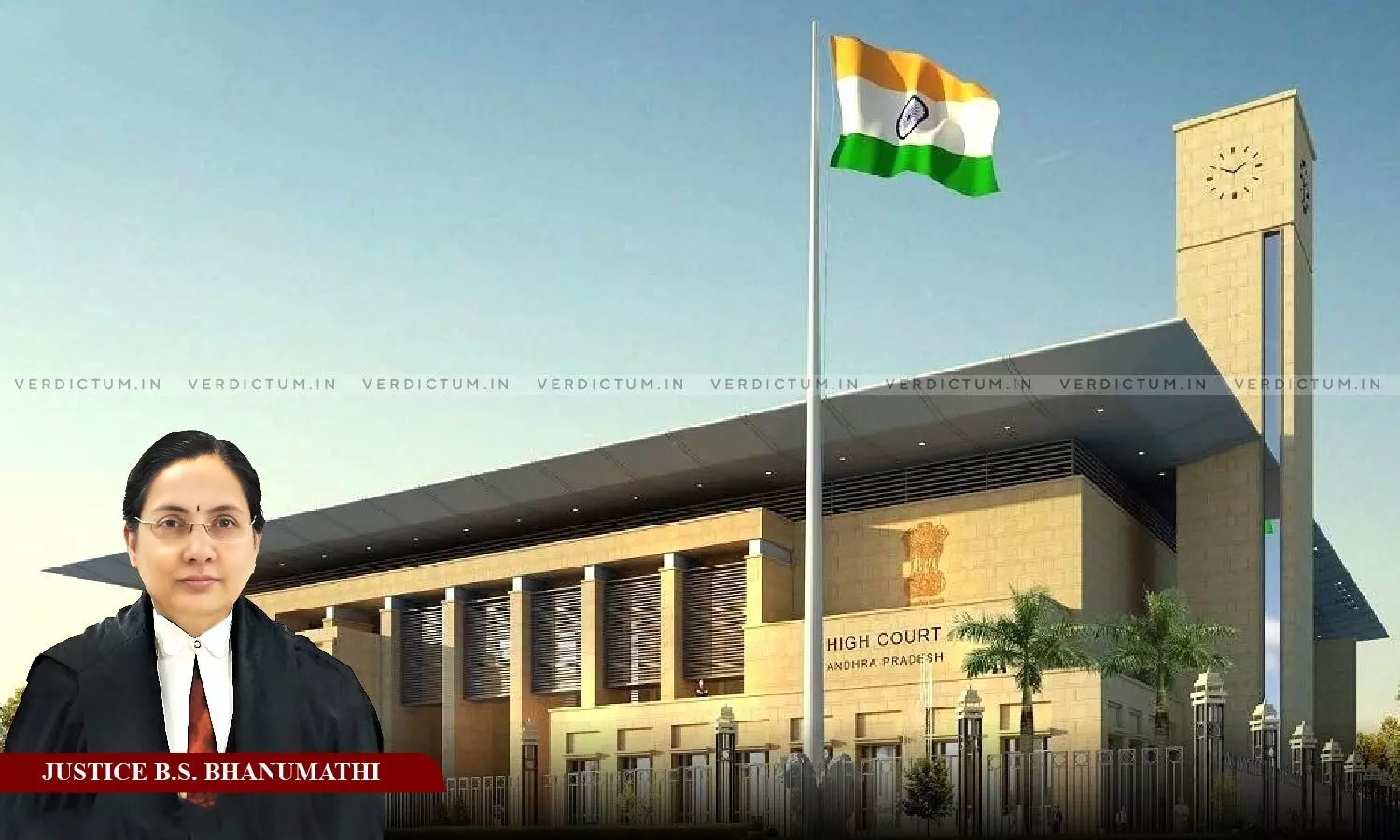
Matrimonial Court Has Power To Order Person To Undergo Medical Test Even After Marriage Was Denied: Andhra Pradesh HC
 |
|The Andhra Pradesh High Court has observed that a matrimonial court has power to order person to undergo medical test even after the marriage was denied.
The Court said this in a revision petition filed under Article 227 of the Constitution against the order passed by the Family Court with regard to Section 75E and Section 151 of CPC read with Section 45 of the Indian Evidence Act, 1872 directing the respondent to undergo medical examination to assess his status of potency and to give scientific opinion regarding the potency in respect of consummation of marriage.
A Single Bench of Justice B.S. Bhanumathi held, “Since, as per the decision of the apex Court in Sharda (1 supra), a matrimonial Court has power to order a person to undergo medical test, it cannot be contended that the relief cannot be granted in the present merely because the marriage was denied. Of course, the petitioner has approached seeking the relief at a belated stage, but that alone cannot be a ground to reject the relief which can be otherwise granted.”
The Bench noted that prima facie evidence to prove the marriage only can be seen and both parties have shown the pleadings, evidence, lapses of other side in order to substantiate one’s own version.
Advocate Vivekananda Virupaksha appeared for the petitioner while Advocate V. Surya Kiran Kumar appeared for the respondent.
In this case, the petitioner filed main petition to annul the marriage between the petitioner and the respondent and also for grant of damages/compensation of Rs.1 crore to the petitioner, besides direction for return of dowry of Rs. 6,00,000/- with interest at 18% per annum from the date of the petition till the date of payment and also for grant of Rs. 1,00,000/- towards marriage expenses and costs of the petition. The petitioner was a senior Medical Officer in the Government Hospital while the respondent was a former MLA of Kodumur and at present, was an active politician affiliated to a political party.
According to the petitioner, the marriage of the petitioner with the respondent took place in 2016 and the marriage was not consummated owing to the impotency of the respondent. Further, the petitioner alleged the misbehaviour of the respondent, viz., physical harassment of her and demand of an additional dowry, besides dowry in cash and gold ornaments already given. After hearing both parties, the Trial Court dismissed the petition aggrieved by which the petitioner approached the High Court.
The High Court in the above regard observed, “… to secure all that material evidence to enable the Court to decide the matter on merits, by imposing some terms, the trial Court ought to have allowed the petition, but it failed to exercise its jurisdiction.”
The Court, therefore, directed the Trial Court to determine the hospital to which the respondent could be referred.
Accordingly, the High Court allowed the civil revision petition and set aside the order of the Family Court.
Cause Title- ABC v. XYZ